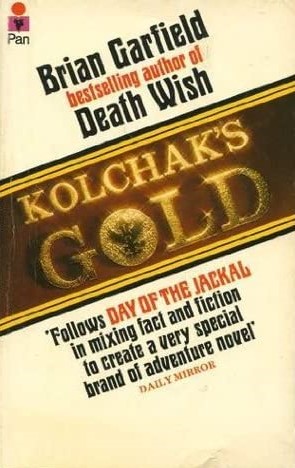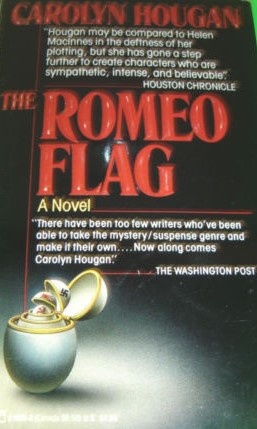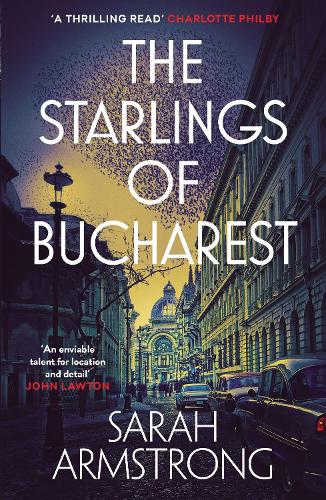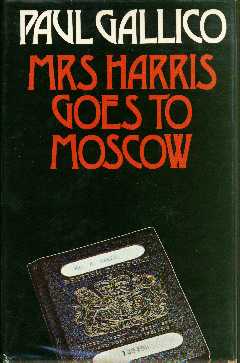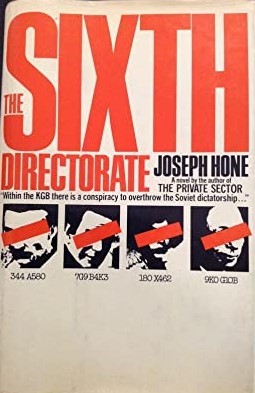Part one of this review is here
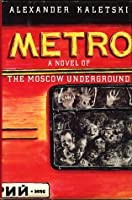
Metro is a semi-autobiographical novel, published in 1985. The author, Alexander Kaletski, and the novel’s first person narrator, share the central facts of their life stories — coming to Moscow from the provinces in the late 1960s to study at a prestigious drama school, beginning a successful acting career in the Soviet Union, including a tour to the West, before falling out with the Soviet regime and managing to emigrate in the mid-1970s.
Just as Aleksander Kaletski and his wife, Elena Bratslavskaya, performed together in the Soviet Union, so too do Sasha and Lena in Metro. The novel follows them as they form a singer-songwriter duo, with a repertoire of self-penned songs that, almost inadvertently, do not fit with the strict Party line required. This of course —combined with their musical ability— makes them an underground hit around Moscow. The trouble is that occasionally they get booked for bigger events and get noticed by those in authority.
Continue reading